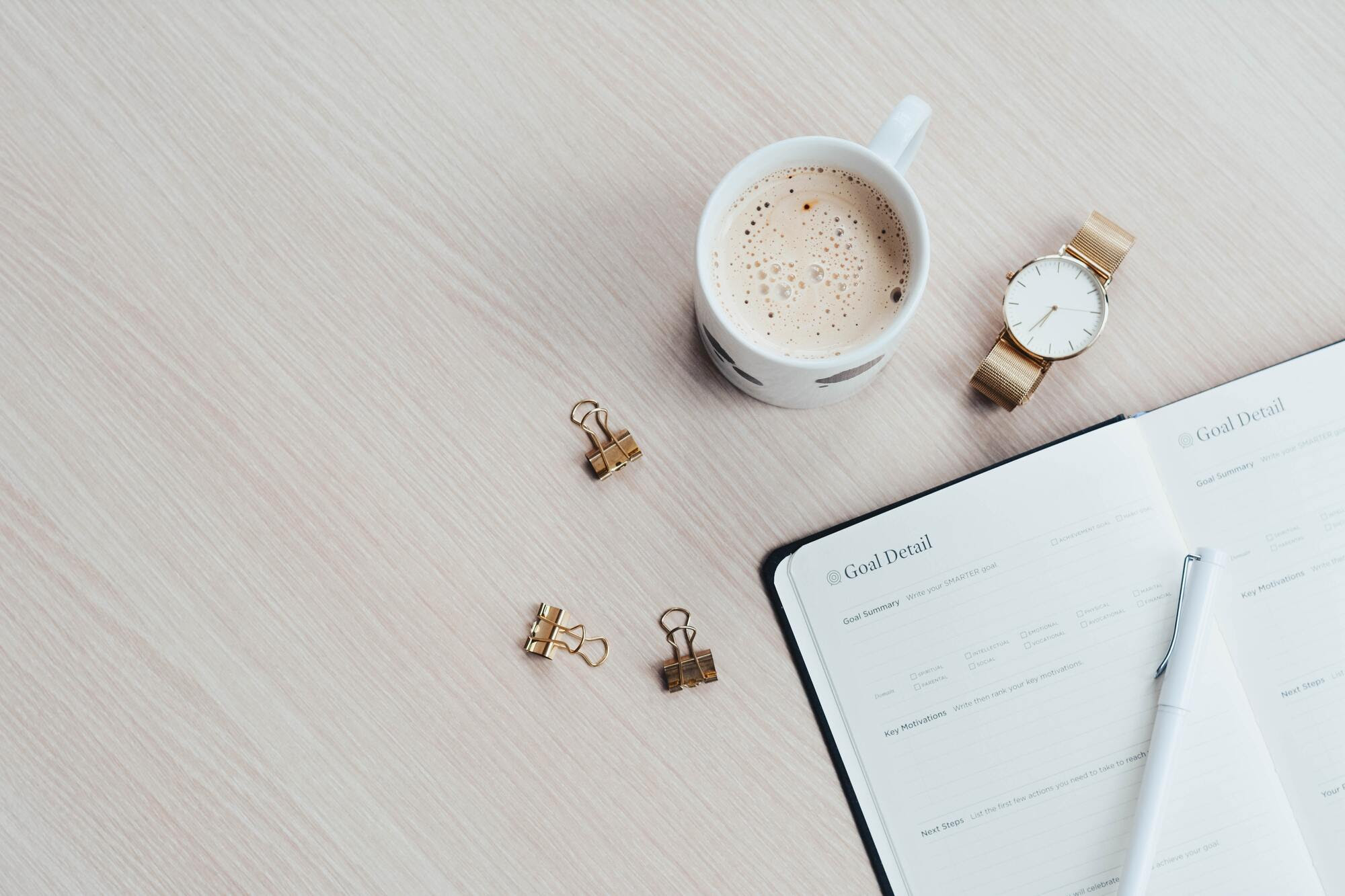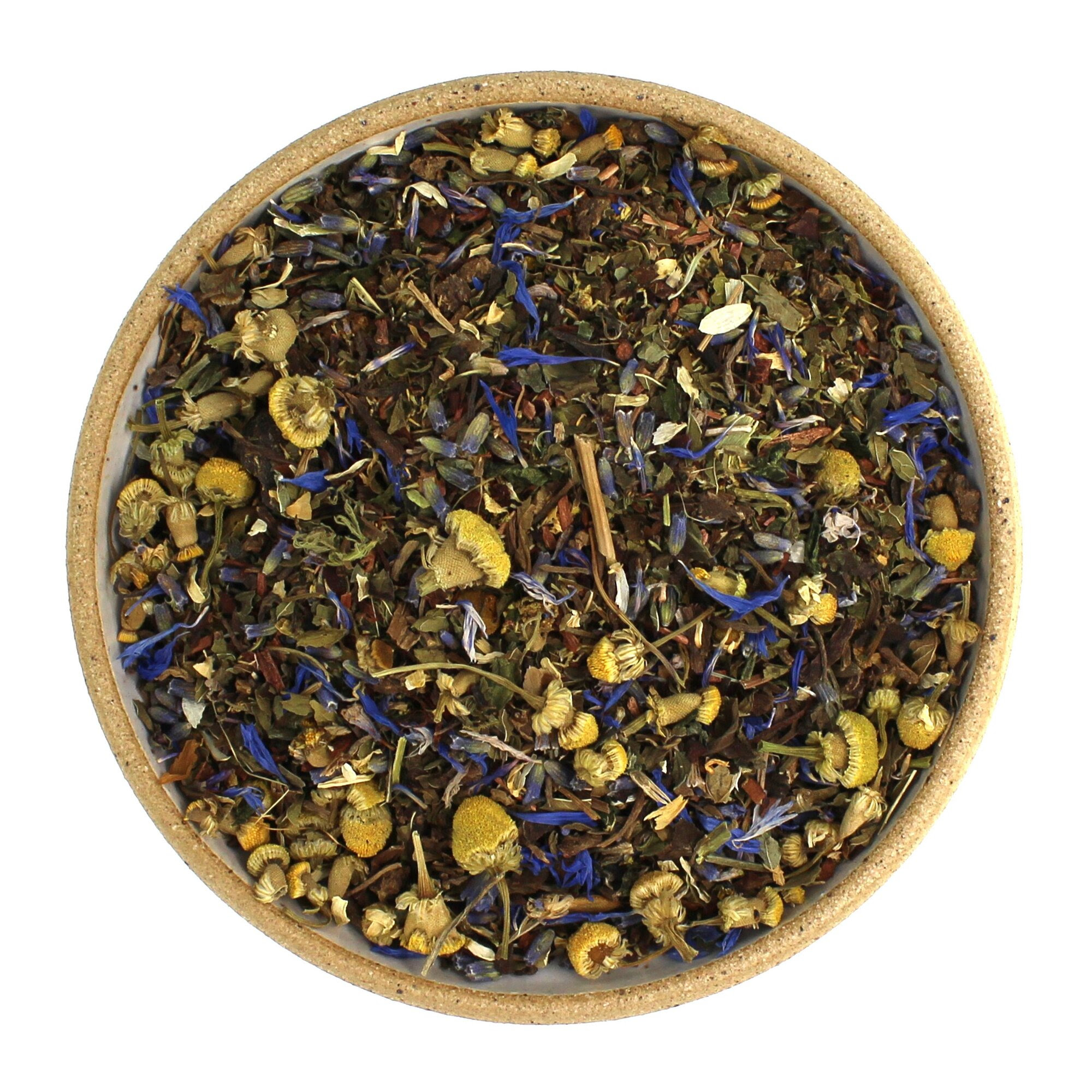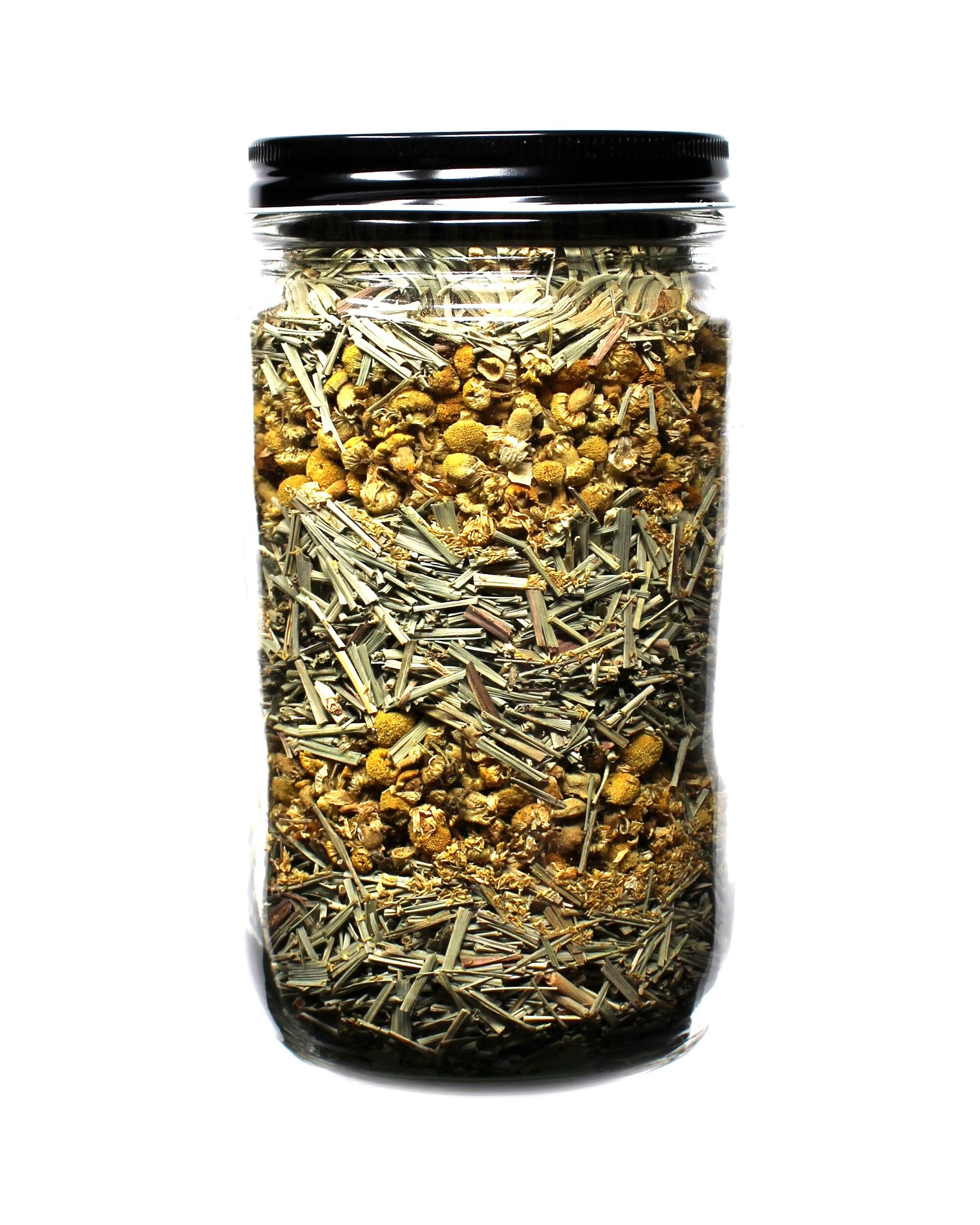
TIPS FOR FINDING YOUR FLOW ✨
Share
AUGUST INTENTIONS:
FINDING YOUR FLOW & ESTABLISHING HEALTHY ROUTINES
Summer is coming to an end, and we are getting back into the swing of things! We are transitioning from a playful and social time, to a more focused and routine-oriented season of life. This may mean going back to school, work, or just diving back into a season of higher demands and responsibilities. While this time of year tends to present more for you to juggle in your own life, this can be a completely rewarding, successful, and productive time - once you find your flow and build routines into your daily life. Do you feel like you are super busy, but not actually being productive? Maybe have an eternal "to-do" list that never fully gets done? You may need to refocus and rethink the way you are doing things! And it's a lot easier than you think it is. Tapping into the magical power of focus and intentionality helps us unleash our full potential, be less stressed, and be healthier and happier.
Grab a cup of tea, get comfy, and check out our tips to build healthy routines and find your flow.
⬇︎⬇︎⬇︎
Sleep: the most important meal of the day - for your brain
Sleep is a vital function that allows your body and mind to recharge, and is fundamental to our level of success at life - aka, our happiness and well-being. Practicing good sleep hygiene can help us physically heal, recover from illness, deal with stress, solve problems, improve brain longevity, and boost motor skills.
Here are some CDC recommendations for getting good quality sleep.
⬇︎⬇︎⬇︎
- Your body’s internal clock follows a specific sleep-wake cycle. Going to bed at the same time each night and getting up at the same time each morning (even on the weekends), will keep your circadian rhythm in balance, and is highly beneficial to your health.
- Make sure your bedroom is quiet, dark, relaxing, and at a comfortable temperature. The best sleeping temperature for most adults is between 60-67 degrees Fahrenheit.
- Ditch the electronic devices, such as TVs, computers, and smart phones from the bedroom. And if you can, opt for a silent alarm light that emulates the sun rising. If you stick to your sleep schedule, there's no reason you wouldn't wake up!
- Avoid large meals, caffeine, and alcohol before bedtime - consumption right before bed can rob you of your sacred REM sleep!
ESTABLISH YOUR SLEEP ROUTINE WITH THESE SLEEP INDUCING TEAS
⬇
Food for Thought
There are a few places in the world called "Blue Zones." These zones refer to geographic areas in the world where people live over 100 years old on average, and have very low rates of chronic diseases. Many of the world's oldest people live in these zones! While your genetics do play a role in determining your lifespan and susceptibility to certain diseases, your lifestyle probably has a greater impact. In fact, studies have found that genetics only play a 20–30% role in longevity. So what do people living in these Blue Zones do to live so long?
- People in Blue Zones get sufficient sleep. At least seven hours of sleep at night and naps of no more than 30 minutes during the day may help reduce the risk of heart disease and death.
- People in Blue Zones get moderate physical exercise that is built into daily life. They don’t exercise purposefully by going to the gym. Instead, it is built into their daily lives through gardening, walking, cooking, and other daily chores.
- People in Blue Zones typically eat a 95% plant-based diet that’s rich in legumes, whole grains, vegetables, and nuts, all of which can help reduce the risk of disease.
Here is a great Ted Talk on blue zones:
https://www.ted.com/talks/dan_
Work: finding satisfaction in your work routine through mindfulness.
In the past year we have experienced a lack of structure and routine, and some of us may have experienced some anxiety and stress because of it. Many of us have also found ourselves working from home - which also has to be managed through routine and structure! If you are on this boat listen in, because building a work-routine structure is a lot easier than you think it is, and doing so can even lighten your load and ease your mind. Taking control of how you work can also change your perspective on life. Research has consistently shown us that structured days and routines play an important role in mental health and in our own work performance.
BUILD SOME WORK HABITS THAT RESULT IN HIGHER PRODUCTIVITY AND ACHIEVEMENT
⬇︎⬇︎⬇︎
- We've all been taught that multitasking is where it's at - that's actually not true! You are most productive and successful at actually completing tasks when you uni-task. That's right - one thing at a time. When you scatter your attention across a long list of lower priority tasks, such as responding to text messages and emails throughout the day, the higher priority tasks that add real value won't get the full attention they deserve. Prioritizing tasks based on the value they add and designating uninterrupted time to complete them will help you make a huge impact! It turns out that this type of work is actually good for your health! In the book the The Telomere Effect, the authors share studies that suggest uni-tasking can even lengthen lifespan and reduce risk of disease, as it is less fatiguing and more rewarding.
- Incorporate natural movement into your work day. This means moving and using your body while you work. Using a standing desk, or even sitting on an exercise ball while working, can stimulate your body and brain. You can also opt for walking or stretching meetings, or for taking your phone on a stroll when taking calls or responding to emails.
- When scheduling tasks or projects at work, or even in your personal life, plan to allow more time to complete the task than you think you'll need. This gives you wiggle room in your schedule to deal with unanticipated setbacks, and helps you be more realistic about what you can accomplish in a day. Much of our frustration with our work comes from unrealistic expectations. Start your week with a list and allocate heavy tasks to different days, then balance out each day with lighter tasks so you can maximize on your daily capacity to focus and avoid burnout early in the week.
Find your flow and feel like you are "killing it."
Have you ever been so concentrated on something that you lose track of time? During this time you might achieve a large amount of work that is also high quality. This is called flow. It's when your brain gets really fixated and in-tune to what you are doing. The result is that you feel fully present and absorbed by your current task - it feels good! Instead of making small short brain waves, your brain makes large deep waves when you achieve this state, and this is where the magic happens. Brain scans of a musician playing in that trance-like "deep state" are similar to the brain waves of someone in deep meditation or someone in deep sleep. Finding your flow can help elevate your work quality, increase your productivity, and can even reduce depression and anxiety.
HERE'S HOW TO ACHIEVE FLOW ON A REGULAR BASIS
⬇︎⬇︎⬇︎
Aside from practicing good sleep hygiene and building healthy routine work habits, the following tips can help you get into the flow state:
- Choose work that you love and are passionate about. Life is so short, so choose a job that you actually like to do. Exploring what you are interested in and passionate about is half of the journey, but another important part of work satisfaction is feeling that your work matters and that you have the ability to make positive change. Choosing work that you love will have a significant impact on your personal relationships and overall sense of well-being.
- Find your quiet peak time. Making sure your environment is free of distraction is vital to flow time. Even if it means leaving your phone in the other room, or cleaning off the surface of your desk completely! When do you feel that perfect balance of being relaxed, yet alert and energized? Whenever that is, that's your peak time and that's when the stars aline to reach flow.
- Enjoy and reap the benefits. When you concentrate for as long as possible on something that you are passionate about and when it's done during your peak time, you probably will achieve flow. Now the most important part: take time to appreciate that feeling of immersing yourself into something. When you reach your flow you will be happier with your work overall. You’ll get important tasks or projects done on time or done early. You’ll complete things more often, rather than starting and stopping frequently or procrastinating. All of this is truly satisfying and rewarding.
We hope you spend August building healthy habits and work routines so you can find your flow every day. Wishing you all a purposeful and satisfying month!
Happy tea time!







